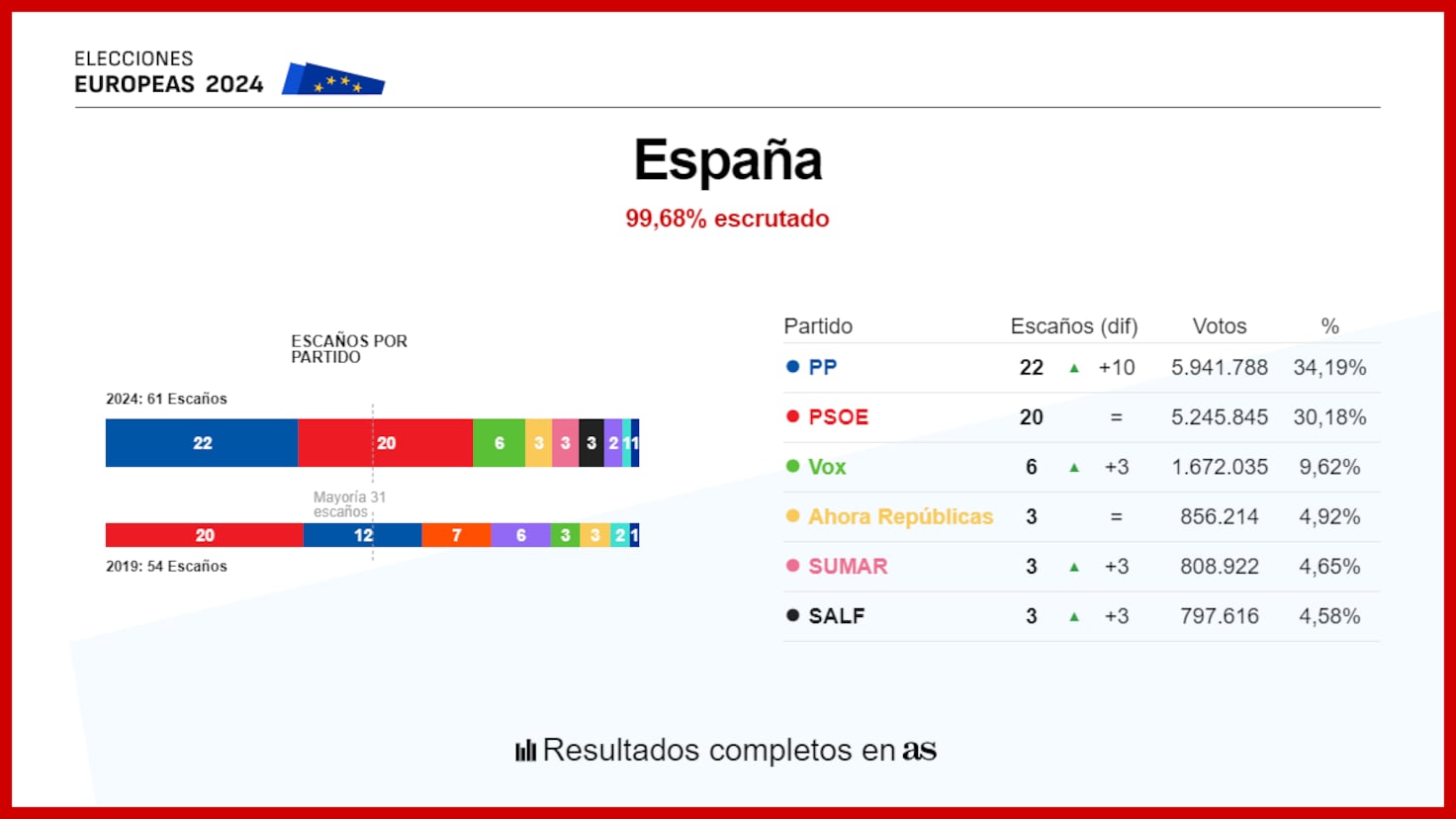Wposters, emblems, stickers, postcards, banners, ashtrays, plates, discs, objects of the most diverse natures and from the most different political parties, which illustrate the enormous difference in the public visual landscape that emerged after the end of the dictatorship make up the exhibition “Signs of freedom — Iconography of democracy in the Ephemera archive”, which is open to the public until May 28, at the Boa Hora Court, in Lisbon.
The exhibition is part of the celebrations of the 25th of April in the municipality of Lisbon and aims to disseminate the history of the Carnation Revolution, based on objects that marked the time.
“There are practically no subtitles, because the idea was to portray a fundamental aspect of freedom” – “the joy of freedom” -, clarified historian José Pacheco Pereira, responsible for the Ephemera archive, in a visit to the press before the inauguration of the exhibition.
“Only those who did not know the period before the 25th of April do not understand to what extent this landscape instills joy, I like to live, to talk, to discuss, to differ, which are fundamental characteristics of democracy”, he said.
Pacheco Pereira considers that this is “also an exhibition against censorship and against new forms of censorship, which lives off iconography, images and objects”, through which an attempt is made to “portray the variability of political action”.
From the set of pieces, José Pacheco Pereira highlighted 10 objects as “being the most significant, which are not only worth in themselves, from an aesthetic point of view, but also from a historical point of view”.
The first is a poster of a woman without legs, part of the “We want to respond” series from a CDS campaign in 1976. In glass displays with several pieces, the bronze bust of Vasco Gonçalves, by Abílio Belo, stands out. Marques (1926-2004), a series of three interchangeable cubes, dated 1976/77, representing Mário Soares, Álvaro Cunhal, Isabel do Carmo and Arnaldo de Matos, as well as an orange rooster from Barcelos, used by candidate Fernando Reis , from the PSD, in the campaign for Barcelos, in 2009.
JSD’s “little orange” in sponge, from the 1990s, a small ceramic statue of Álvaro Cunhal dressed as a Futebol Clube do Porto player and a cup with the emblem of Sporting, from 1974, when this club was the first football champion in freedom, are other highlighted pieces.
One of the pieces that Pacheco Pereira highlighted is a ceramic mug, which represents António Guterres naked “showing the ‘stick'” to the opposition, with the inscription “the opposition that puts the stick” on the belly.
“Everything on this mug is a casting error, Guterres being represented, and being represented as tough,” said Pacheco Pereira.
At the end of the exhibition, a ‘slideshow’ of around 200 images of graffiti and graffiti from across the country from recent years can be seen.
On the choice of the Tribunal da Boa Hora for this exhibition, Pacheco Pereira recalled that it was “one of the most sinister places of the dictatorship, where trials of political prisoners were held, which were an authentic puppet” and where, many times, even the lawyers were prisoners.
The coordinator of the Ephemera project also added that within the scope of the protocol with the Lisbon City Council, this exhibition is just part of the “great exhibition on the 25th of April” that will take place next year, with “iconography, documents, films, a huge amount of material, in most cases unpublished, all original, and later including unique documents about the 25th of April that, in some cases, were never seen”.
After participating in the “Treasures of the Barreiro Archives” exhibition, which was at Gare Marítima de Alcântara, in Lisbon, until the end of March, and in addition to “Sinais da Liberdade”, in Lisbon, the Ephemera Archive has eight more exhibitions, patents or in preparation, throughout the country, some in circulation.
Among them are “Sorry for the inconvenience We are changing the country!!”, with handcrafted protest posters, in the multipurpose pavilion of Argoncilhe, in Santa Maria da Feira; “AC | DC (Before Covid| After Covid)”, at the Library of the Superior School of Technology in Barreiro, and “A Face dos Livros”, at the Eduardo Lourenço Library, in Guarda.
Viseu hosts “Proibido por Inconveniente”, at Casa Amarela, the District Archive building, and “Posters of the 25th of April”, at Escola Secundária Alves Martins. The posters also go to the Superior School of Applied Arts of the Polytechnic of Castelo Branco. Odemira receives “Censored Books”, at the “Crear Space”.
“Trade union movement and workers’ resistance in the last years of the dictatorship”, with an inauguration announced for May, will be distributed by the Military Maintenance, in Lisbon, and by the CP Workshops, in Barreiro.
Also Read: Edgar Martins acclaimed Photographer of the Year at the 2023 Sony Awards





